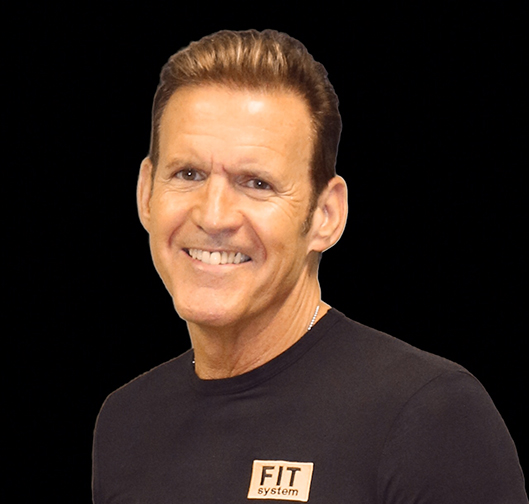When it comes managing your heart rate, it’s kind of like the speed of your truck and managing fuel efficiency. Drivers and carriers are always trying to maximize fuel, and speed equals costs.
Now that we’ve made the connection between your heart rate, truck speed and efficiency let’s talk about why your heart rate is important.
Your heart performs many valuable functions, and circulates all the nutrient-rich blood and oxygen throughout the body. When your heart is not working properly, just about everything in your body is affected. Heart rate is key because the function of your circulatory system is directly related to your heart rate — the amount of blood pumped out with each beat (in other words, volume).
Here’s an example: Maintaining a consistent, steady speed while driving produces better fuel economy and less wear and tear on your truck’s engine (not to mention the potential expense of a speeding ticket). Instead of speeding up to pass another vehicle to gain a few extra minutes, ask yourself: Is it really worth the extra fuel burned, not to mention the added anxiety and stress? Keeping a steady speed is best.
Your heart rate serves a similar function. In fact, most of the time, the rhythm and pace of your heart is something you may not even think about. Unless something unusual is going on, you’re likely completely unaware of what your heart is doing.
Heart rates can vary from person to person. Depending on one’s physical needs, “normal” can range from 60 to 90 beats per minute. Some experts believe that an ideal resting heart rate is closer to 50 to 70. Regardless of what is considered normal, it’s important to recognize that a healthy heart rate will vary depending on the situation. Professional drivers can sometimes experience higher readings due to the stress of driving.
So, how do you monitor your heart rate? There are several wearable “fitness” watches that can provide you with that reading — then there is the old school way of checking the pulse at the side of your neck or the front of your wrist. Count the number of beats in 30 seconds; then double this number to get your heart rate.
I’ve always been a huge believer in managing my heart rate. It just makes sense — there’s less wear and tear on your body while producing better outcomes More life “miles” equal more years.
Bob Perry is a regular contributor to The Trucker. He has spent nearly the past four decades on a mission to educate professional drivers and share life-changing products and services to help them live healthier lives while on the road. Recognized throughout the transportation industry, from bus drivers to over-the-road professional drivers, Perry has played an important role in creating a paradigm shift helping regulatory agencies, private and public sector entities, and consumers understand the current health challenges of the professional driver. He has participated as a wellness advocate in several roundtable discussions, large audience groups and small forums as well as going “curbside” through a national truck stop tour.
Bob’s articles have been featured in The Trucker and a number of other national transportation industry publications and is the host of a weekly wellness call produced by Rolling Strong. Bob has been a regular guest on RedEye Radio and Land-Line Radio, and is often an invited guest on Sirius radio shows. He has been featured in the New York Times, Men’s Health Magazine, Drug Store News, American Road Magazine, WSJ, NPR, ABC National Radio, as well as hundreds of daily newspapers. He has appeared on television news shows across the nation, including a featured TV segment on ABC NightLine News.












